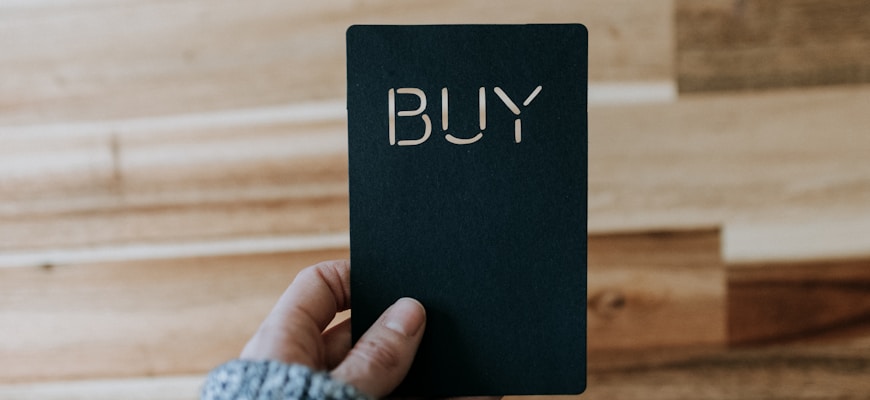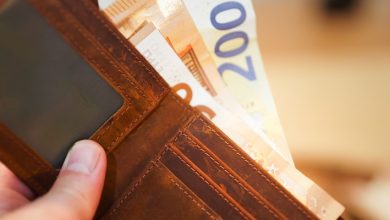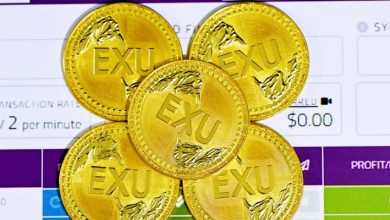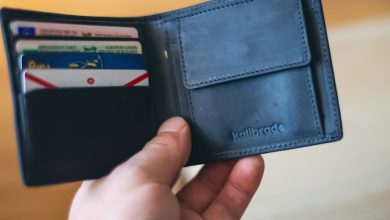How to Evaluate the Security of a Crypto Exchange or Wallet

- Understanding the importance of security in the crypto industry
- Key factors to consider when evaluating the security of a crypto exchange
- Best practices for securing your crypto wallet
- Common security risks associated with crypto exchanges and wallets
- How to spot red flags when assessing the security of a crypto platform
- Tips for protecting your digital assets from potential security threats
Understanding the importance of security in the crypto industry
Understanding the significance of security in the cryptocurrency industry is crucial for investors and traders alike. The volatile nature of the market, coupled with the irreversible transactions that cryptocurrencies offer, makes it imperative to prioritize security measures. Cyberattacks, hacking incidents, and fraud are prevalent in the crypto space, highlighting the need for robust security protocols.
Investors should be wary of potential risks associated with using crypto exchanges or wallets that lack adequate security measures. By evaluating the security features of a platform, users can mitigate the risk of falling victim to malicious activities. It is essential to look for encryption protocols, two-factor authentication, and cold storage solutions to safeguard your digital assets.
Ensuring the security of your investments not only protects your funds but also maintains the integrity of the entire crypto ecosystem. By promoting a culture of security awareness, users can contribute to the overall resilience of the industry against cyber threats. Stay informed, stay vigilant, and prioritize security when engaging in cryptocurrency transactions.
Key factors to consider when evaluating the security of a crypto exchange
When evaluating the security of a crypto exchange, there are several key factors to consider. One important factor is the exchange’s reputation in the industry. Look for exchanges that have a track record of security and reliability. Additionally, consider the security measures that the exchange has in place. This includes things like two-factor authentication, encryption, and cold storage of funds.
Another important factor to consider is the exchange’s regulatory compliance. Make sure the exchange is following all relevant laws and regulations in the jurisdictions in which it operates. This can help protect your funds and ensure that the exchange is operating legally.
You should also look at the exchange’s history of security incidents. Have there been any hacks or breaches in the past? If so, how did the exchange respond and what measures did they put in place to prevent future incidents? This can give you a good idea of how seriously the exchange takes security.
Finally, consider the customer support offered by the exchange. In the event that something does go wrong, you want to be able to quickly and easily get in touch with someone who can help you resolve the issue. Look for exchanges that offer responsive customer support through multiple channels, such as email, phone, and live chat.
By taking these key factors into consideration, you can make a more informed decision about the security of a crypto exchange. Remember to prioritize security when choosing an exchange to protect your funds and investments.
Best practices for securing your crypto wallet
When it comes to securing your crypto wallet, there are some best practices that you should follow to ensure the safety of your digital assets. Here are some tips to help you keep your crypto wallet secure:
- Choose a reputable wallet provider: Make sure to do your research and select a trusted crypto wallet provider with a solid reputation for security.
- Use a hardware wallet: Consider using a hardware wallet, which is a physical device that stores your private keys offline and provides an extra layer of security.
- Enable two-factor authentication: Add an extra layer of security to your wallet by enabling two-factor authentication, which requires a second form of verification in addition to your password.
- Keep your software up to date: Regularly update your wallet software to ensure that you have the latest security patches and bug fixes.
- Avoid public Wi-Fi: Be cautious when accessing your wallet on public Wi-Fi networks, as they may not be secure and could expose your private keys to potential hackers.
By following these best practices, you can help protect your crypto wallet from unauthorized access and keep your digital assets safe and secure.
Common security risks associated with crypto exchanges and wallets
When evaluating the security of a crypto exchange or wallet, it is important to be aware of the common security risks associated with these platforms. Understanding these risks can help you make informed decisions about where to store your digital assets.
- Phishing attacks: One of the most common security risks for crypto exchanges and wallets is phishing attacks. These attacks involve scammers sending fake emails or messages that appear to be from a legitimate exchange or wallet provider. If you click on a link in one of these messages and enter your login credentials, the scammers can steal your information and access your funds.
- Malware: Malware is another significant risk for crypto exchanges and wallets. Malicious software can infect your device and steal your private keys or other sensitive information. It is essential to use reputable antivirus software and keep your devices updated to protect against malware attacks.
- Insider threats: Insider threats are also a concern for crypto platforms. Employees of an exchange or wallet provider could abuse their access to steal funds or compromise security. It is crucial to choose exchanges and wallets that have robust security measures in place to prevent insider threats.
- Exchange hacks: Exchange hacks are a major risk for crypto investors. Hackers can target exchanges to steal funds, leading to significant financial losses for users. When evaluating a crypto exchange, be sure to research its security history and look for platforms that have never been hacked.
- Regulatory risks: Regulatory risks are another consideration when evaluating the security of a crypto exchange or wallet. Changes in regulations could impact the legality of certain exchanges or the security of your funds. It is essential to stay informed about regulatory developments and choose platforms that comply with applicable laws.
By being aware of these common security risks associated with crypto exchanges and wallets, you can take steps to protect your digital assets and make informed decisions about where to store your funds. It is essential to research and choose platforms that prioritize security and have robust measures in place to safeguard your investments.
How to spot red flags when assessing the security of a crypto platform
When assessing the security of a crypto platform, it is crucial to keep an eye out for red flags that may indicate potential risks. These red flags can help you identify whether a crypto exchange or wallet is trustworthy and secure enough to store your digital assets. Here are some key indicators to watch out for:
1. **Lack of Regulation**: One of the biggest red flags in the crypto space is the absence of proper regulation. Make sure to check if the platform is compliant with relevant laws and regulations in the jurisdictions where it operates. A lack of regulation can leave you vulnerable to fraud and other security breaches.
2. **Poor Reputation**: Before using a crypto platform, do some research to see what other users have to say about it. A poor reputation, including reports of hacks, scams, or other security incidents, should raise a red flag and prompt you to proceed with caution.
3. **Unsecure Website**: Check if the platform’s website is secure by looking for an SSL certificate in the URL. A lack of SSL encryption can make the platform susceptible to phishing attacks and data breaches.
4. **Lack of Two-Factor Authentication**: Two-factor authentication (2FA) adds an extra layer of security to your account by requiring you to provide a second form of verification, such as a code sent to your phone. A platform that does not offer 2FA may be more vulnerable to unauthorized access.
5. **Suspicious Withdrawal Restrictions**: Be wary of platforms that impose unusual restrictions on withdrawals, such as limits on the amount of funds you can withdraw or delays in processing withdrawals. These restrictions could be a sign of liquidity issues or other underlying problems.
6. **Opaque Ownership**: Transparency is key when it comes to assessing the security of a crypto platform. If the platform’s ownership structure is unclear or if the team behind it is anonymous, it could be a red flag that the platform is not as secure as it claims to be.
By keeping an eye out for these red flags and conducting thorough due diligence before using a crypto platform, you can better protect your digital assets and minimize the risk of security breaches. Remember, it’s always better to be safe than sorry when it comes to safeguarding your cryptocurrencies.
Tips for protecting your digital assets from potential security threats
When it comes to protecting your digital assets from potential security threats, there are several important tips to keep in mind. By following these guidelines, you can help ensure that your crypto exchange or wallet remains secure and your investments are safeguarded.
- Use strong and unique passwords for your accounts. Avoid using the same password across multiple platforms, as this can make it easier for hackers to gain access to your accounts.
- Enable two-factor authentication (2FA) whenever possible. 2FA adds an extra layer of security to your accounts by requiring a second form of verification, such as a code sent to your phone.
- Be cautious of phishing scams. Hackers often use phishing emails or websites to trick users into revealing their login credentials. Always double-check the URL of any website before entering your information.
- Keep your software up to date. Developers frequently release security patches to fix vulnerabilities in their software. By keeping your apps and operating system updated, you can help protect your digital assets from potential threats.
- Avoid sharing sensitive information online. Be wary of sharing personal details or account information on social media or other public platforms, as this can make you more vulnerable to identity theft or hacking.
By following these tips and staying vigilant about potential security threats, you can help protect your digital assets and keep your investments safe. Remember that security should always be a top priority when dealing with cryptocurrency exchanges and wallets.



